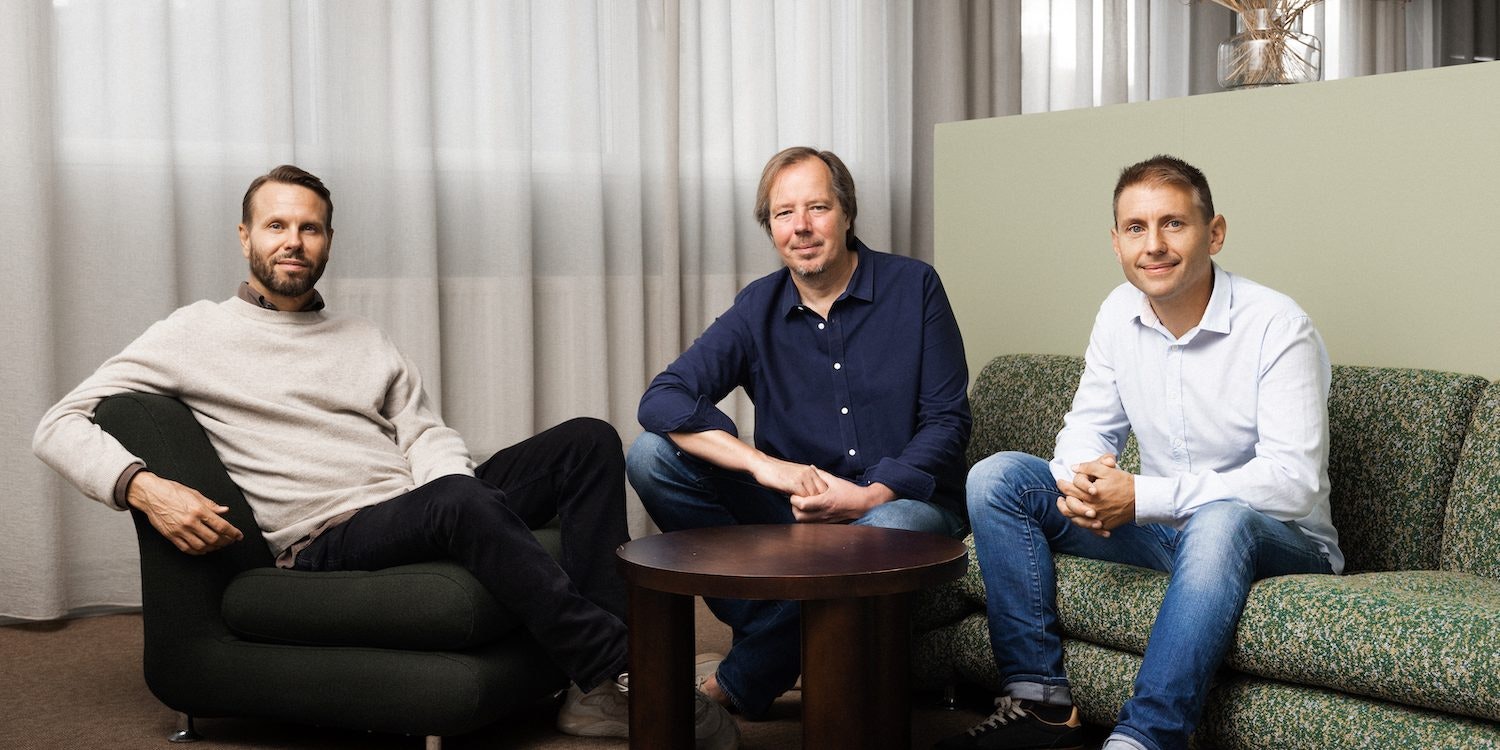Anders Ekman grew up playing Counter-Strike: Global Offensive, a two-decade-old multiplayer first-person shoot 'em up game. And he got pretty good at it too, eventually becoming part of the Swedish national team.
Now he is turning this know-how into a business, building a startup called Leetify, which sells statistical analysis to players hoping to improve their game. It has 50k active users — from professionals filling stadiums to amateurs at home.
Ekman is part of a trend of video game enthusiasts are turning their know-how into tech companies, capitalising on the enormous business opportunity in esports as the value of the whole industry has ballooned in popularity (and value) in recent years.
Next month will see the League of Legends World Championship in Iceland, which promises to be one of the biggest esports events of the year with hundreds of millions of viewers — just a sign of how the sector has grown.
The momentum in the last decade is insane.
“The momentum in the last decade is insane,” said the 29-year-old Ekman. “You’re seeing viewership numbers, player numbers and salaries increasing so much each year. It’s hard to keep track of.”
Data crunching
For investors, esports data crunching is a particularly fast-growing niche, notably in Nordic countries where the majority of top European gamers hail from. Copenhagen’s GameScorekeeper, for example, collects match data to produce betting odds for esports tournaments; Abios in Stockholm and PandaScore in Paris provide similar services.
The most successful pros and streamers can earn six — or in some cases even seven-figure incomes.
Leetify raised €900k from two Nordic VCs, Inventure and J12 Ventures, in a pre-seed round last year and is looking to raise further funds in the coming months.
Ekman says he can help pro esports teams scout the next mercurial talent, drawing on in-depth data of more than 12m CS:GO players. “I think that could help remove some of the randomness from going pro in esports today,” he says.
Those who make it that far have been handsomely rewarded: the most successful pros and streamers can earn six — or in some cases even seven-figure incomes.
Esports’ Mr Moneyball
How to make the leap from run-of-the-mill gamer to pro? Data should help.
For €6 a month, signups to Leetify (the name is a play on gamer slang for ‘elite’) get access to a coaching platform that automatically analyses the matches that gamers play, identifying weaknesses, personalising practices, and tracking progress.
Leetify is coming up against an emerging pack of esports data specialists in Europe — some of which are beginning to draw in sizeable investments.
“You have all these training structures for traditional sports — in esports, it’s entirely unknown what is needed to go pro,” said Ekman. “I discovered there’s a tonne of data here and that we could use it to tell players what’s holding them back.”
Leetify is coming up against an emerging pack of esports data specialists in Europe — some of which are beginning to draw in sizeable investments. Stockholm-based G-Loot for example offers gamers stats and runs online tournaments. The company closed a $56m round last year. In Berlin, Shadow offers gamers data feedback that it says ‘cut through the noise’, while another VC-backed startup, GamerzClass in Copenhagen, offers online masterclasses from pro gamers.
Can Leetify better the competition in this brand new field? “Generally we distinguish ourselves by focusing on giving the user insights and not just data. This means we try to analyse the data as much as possible, and tell users what to do with it instead of just presenting them with raw data which might be hard to interpret for a teenager or young adult,” Ekman says.
Definitely Europe is a powerhouse — particularly Scandinavia.
Thumb wars
Ekman is not lacking gaming chops either. He has been playing Counter-Strike for over 20 years, taking him way over the supposed 10k hours bar for experts.
“I’m very competitive,” he says. “I played every sport known to man but as a teenager, my dream was to go pro in Counter-Strike.”
The furthest he got was to coach the Swedish StarCraft 2 national team when he was 19. “It’s extremely satisfying when you help a group pull off something special. But [the team] was big on egos. One wanted to take 80% of our winnings which felt unreasonable,” he says.
Ekman estimates that there are 300-500 fulltime Counter-Strike pros in the world. “Definitely Europe is a powerhouse — particularly Scandinavia,” he said.
The game, says Ekman, “Is very beautiful and similar to chess — it’s so simple but you have infinite variety; so many combinations of how a game can play out. Easy to learn but difficult to master.”
Pro sport careers can be over by the time a player turns 34 or 35.
Over the hill by 24
Esports gamers are thought of as pro athletes, competing on teams in games like League of Legends, Call of Duty and Dota 2, the way teams compete in football or rugby.
Just like traditional sports, professional leagues devoted to games like League of Legends, Overwatch and Call of Duty feature teams vying for championship trophies and millionaire players searching for glory. The next big Counter-Strike tournament, which boasts a prize pool of $2m, is in Stockholm in October.
I’ve realised my time has passed. It’s a young man’s game
In the sports world, fans follow teams. In esports, “you follow the players,” says Ekman. “They’re the ones with the fanbases. You don’t care as much about the team they’re with.” The Counter-Strike rockstar of the moment is 23-year old Ukrainian, Oleksandr "s1mple" Kostyliev.
Pro sport careers can be over by the time a player turns 34 or 35. In esports, athletes are likely past their peak by age 23 or 24. “If you haven’t made it by that time, it’s very hard. I’ve realised my time has passed. It’s a young man’s game,” says Ekman.
“A lot of the pros are 16-20. It’s quite rare to see ones over 30 because it’s such an incredible time commitment.” In countries like China and South Korea, gamers start competing as children, and professionals train up to 18 hours a day (though Beijing lawmakers stipulated last month that gamers under 18 could only play three hours a week in the future).
There’s a lack of reliable data on esports salaries.
Rise of streamers
Streamers, on the other hand, can be in their teens or in their early 40s. To become a rich gaming streamer — now possible because of the reach of platforms like Twitch — it helps if you are good, but you don’t have to be elite. “A fun personality helps,” said Ekman.
Generally, there’s a lack of reliable data on esports salaries. “You hear numbers thrown around. It seems they’re getting very high. But it’s all very confidential. It’s a little bit of a problem not to know the going rate — your negotiating power is low that way.”
With more funding, Ekman hopes to branch out and distill the quantitative essence of other games. “Counter-Strike is the one I’ll keep coming back to though, I know it. It’s my jam.”
Running an esports company only has one downside for the 29-year-old. “I’ve not found time to play the game for over a month.”
Éanna Kelly is a contributing editor at Sifted


